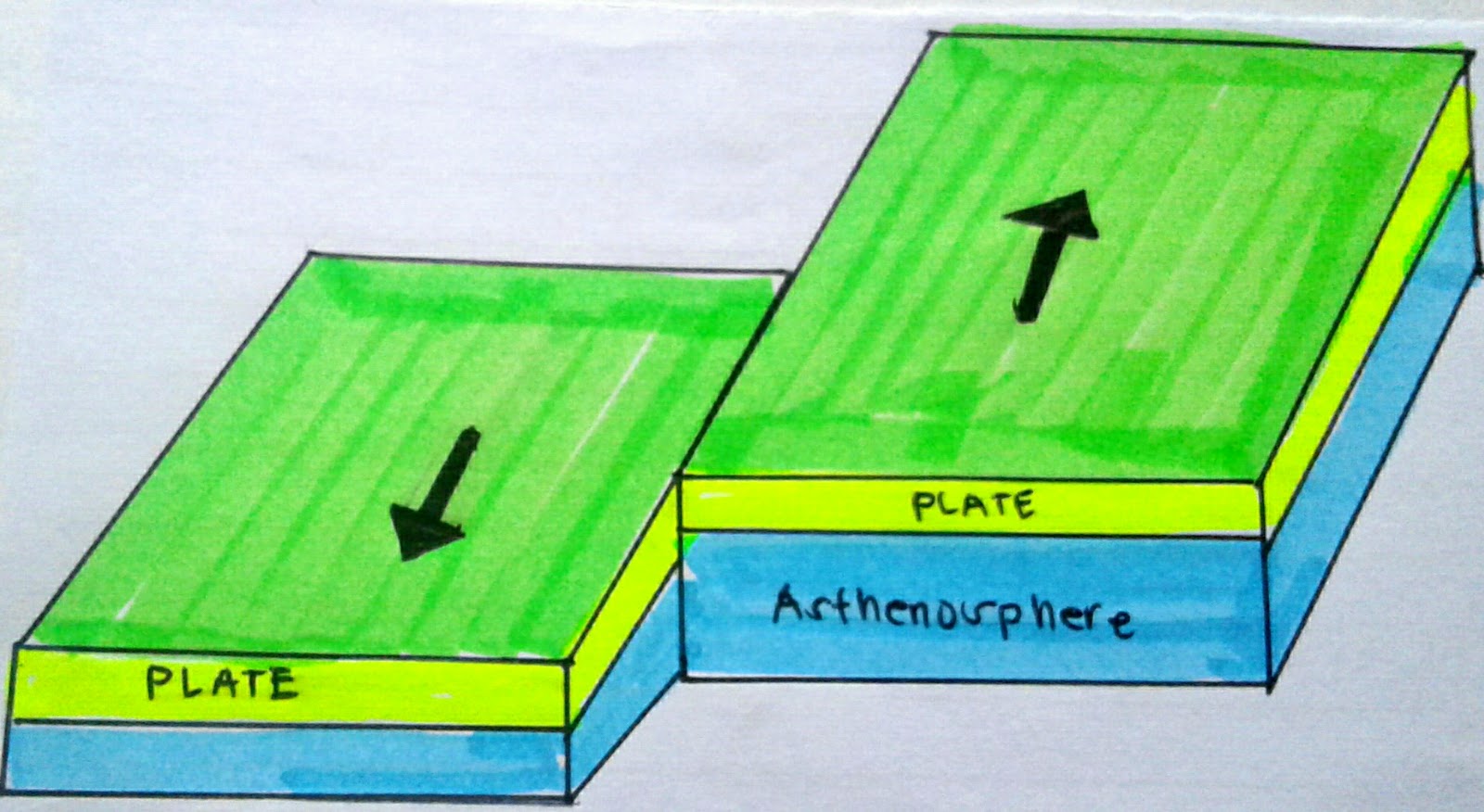
The way that these plates are moving relative to each other determines the type of plate boundary. The area where the edges of two plates meet is called a plate boundary or a plate margin. The Earth’s crustal plates move slowly over the planet’s surface, interacting in various ways. For a better idea of the Earth’s crustal plates and the directions in which they are moving click the link below. The numerous smaller ones include the Nazca Plate, Cocos Plate, Madagascar Plate and Okinawa Plate. The primary crustal plates are the North American, South American, African, Antarctic, Indo-Australian, Eurasian and Pacific plates.

There are seven primary crustal plates and several smaller ones.

These are just a few of the Earth’s crustal plates. To the south west lie the Nazca Plate and Cocos Plate. To the north of the Caribbean Plate lies the North American Plate and to the south of it lies the South American Plate. Most of the territories which make up the Caribbean are located on one plate which is called the Caribbean Plate. Plate tectonics can be described as the study of crustal plates and how their movement affects the Earth’s surface.

Each plate moves only a few centimeters in a year but their movement affects us all. These large segments of the crust and upper mantle float on the denser semi- molten rock beneath them and move very slowly across the surface of the planet. The lithosphere is in fact broken up into several large pieces called crustal plates or tectonic plates. The Earth’s surface is not a continuous layer.


 0 kommentar(er)
0 kommentar(er)
